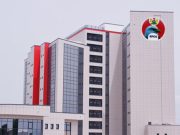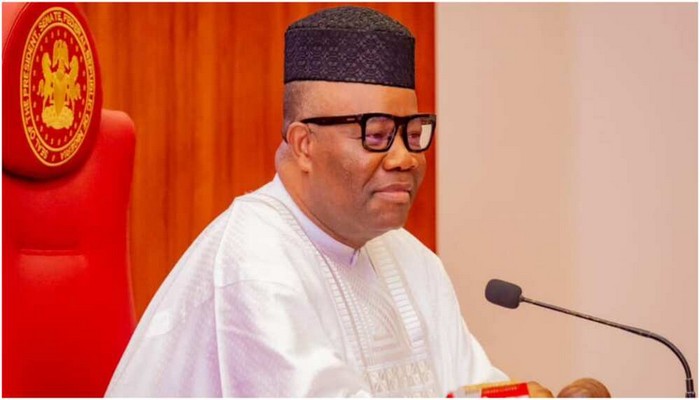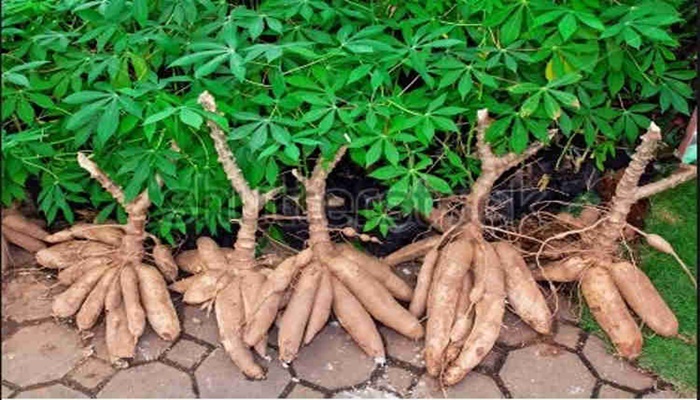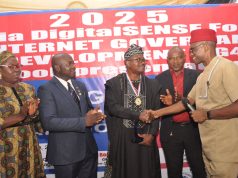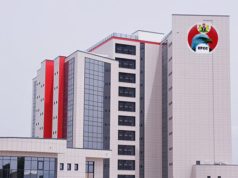He made the remark at the 2020/2021 annual research review and 33rd South-West Research Extension Farmers Input Linkage System (REFILS) workshop of the Institute of Agricultural Research and Training (IAR&T), Ibadan.
Akande made the remark while presenting his keynote address on the topic”Agricultural Research and Entrepreneurship for Poverty Alleviation”.
According to him, the future of Nigeria’s economy depends on capitalising on agricultural research and innovation to support agricultural entrepreneurs in leveraging on the growing global demand.
He said that the growth of agricultural enterprises would depend essentially on its continuous adoption of modern agricultural practices across all value chains.
Akande, who is also Director-General of Oyo State Agri-business Development Agency (OYSADA), called on stakeholders, especially research institutes, to work towards development of entrepreneurs and back them up scientifically.
“Research institutes should understand the end-user contemporary needs and plan itself to support it.
“They should set up technology business incubation and innovation hubs.
“All students must be supported to become entrepreneurs.
“In this modern age, agriculture can no longer be a culture but a business.
“If we think deeply, plan it well and make a bold move, we stand in a strategic position as researchers to be major players in this space,” he said.
Also speaking, Prof. Mohammed Yahaya, from Department of Agricultural Extension, University of Ibadan, said climate change posed threats to agricultural development.
He added that it also posed threats to poverty reduction, food security and sustainable wealth creation in developing countries.
Yahaya remarks that increasing variability of precipitation, increase in the frequency of droughts and floods are likely to reduce agricultural yields generally.
He stressed the need for women to be carried along in agriculture, saying that farming should not be dominated by men only.
The don urged South-West governors to embark on a study tour of IITA and strategize with the institute on how to improve research on agricultural production and encourage youths to engage in agriculture.
He also underscored the need for Nigeria to repackage its products and showcase them to meet international standard and export.
Also, Gov. Seyi Makinde of Oyo State, said his government had put in place programmes to engage youths in agriculture/agri-business.
Makinde, represented by his Chief of Staff, Chief Bisi Ilaka, remarked that the change the country needed to achieve its desired food security would not be possible without research and extension services.
He pledged that his government would continue to partner with research institutes such as IAR&T to improve agricultural development in the state.
The highlights of the event were the launching of the REFILS workshop and IAR&T 50th anniversary proceedings and presentation of awards to some stakeholders for their outstanding performance in the development of agriculture.




